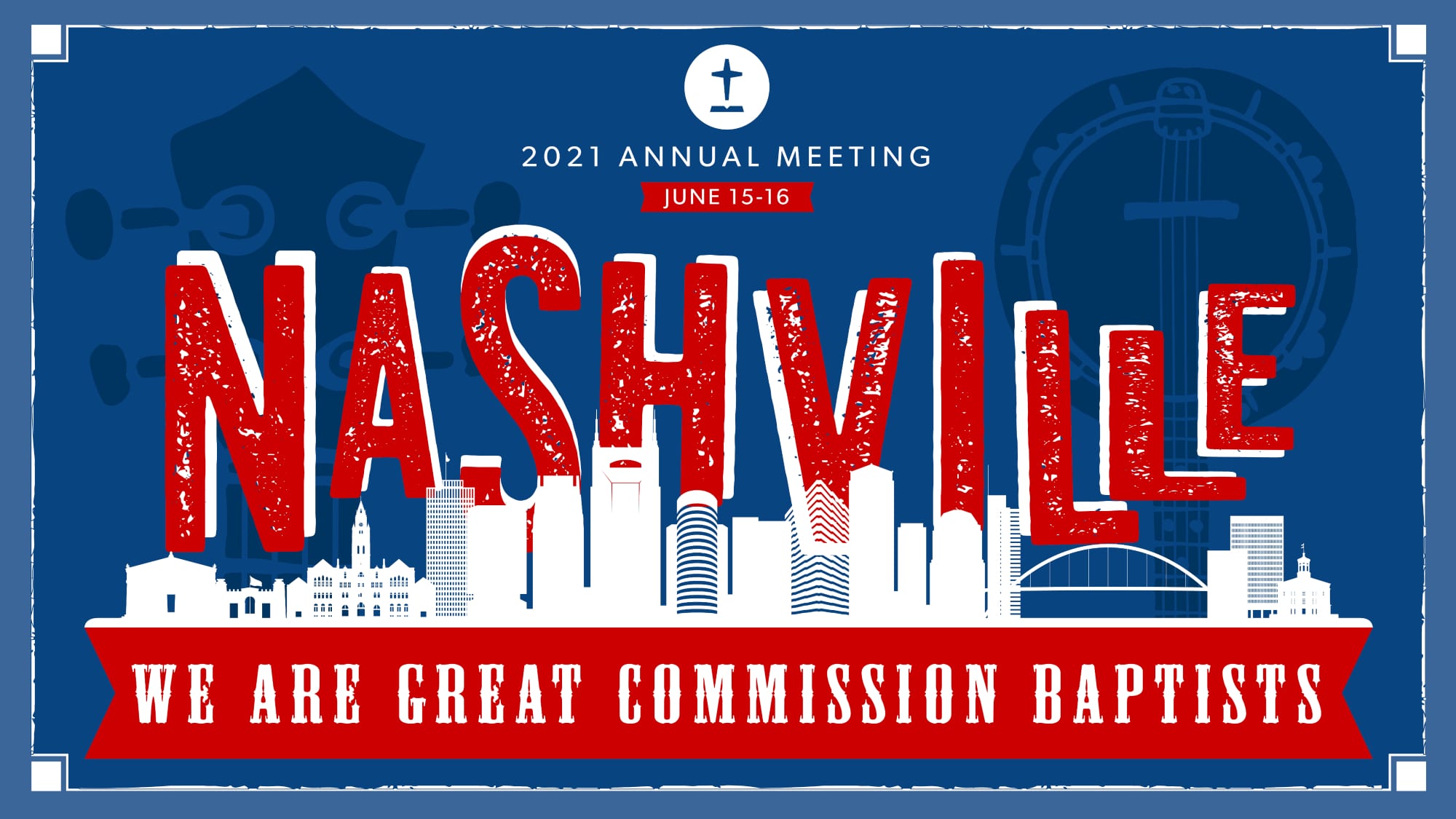The U.S. Supreme Court seems to be on a fast track to legalize same-sex marriage nationwide. But that should not make believers abandon hope that America will uphold the historic definition of marriage – or stop working to that end. History and scripture are replete with examples of unforeseen reversals of cultural evil.
The Supreme Court has paved the way for expanded gay marriage by denying review of federal appeals court decisions overturning same-sex marriage bans in five states. The high court’s orders in the cases, issued Oct. 6 without comment, mean gay marriage will be legal in those five states and, presumably by extension, in six other states located in the same federal appellate circuits.
A federal appeals court decision a day later put gay marriage on a trajectory to become law in 35 states.
Some pro-family commentators responded to these actions by saying the nationwide legalization of same-sex marriage is now inevitable. Others, like the Heritage Foundation’s Ryan Anderson, have taken a more optimistic tone, observing that the composition of the Supreme Court could change for the better before it takes up a case involving a gay marriage ban.
The procedural analysis on both sides has merit. However, there is also a spiritual analysis to be considered: God has brought corporate repentance and unexpected civic moral reversals before and could do it again.
In the Old Testament the pagan city of Nineveh repented at Jonah’s preaching and enjoyed God’s mercy for a season. The book of Judges recounts several instances of Israel crying to God after falling into sin and subsequently being delivered from powerful enemies. The kingdom of Judah enjoyed extended prosperity under King Josiah because he abolished pagan worship from the land and restored Temple worship (2 Chronicles 34-35).
In the New Testament Asia Minor’s idol makers feared they would go out of business because of the cultural impact Christians were having. One idol maker in Ephesus was so worried that he incited a riot (Acts 19:21-41). In Thessalonica an angry mob said of Christians, “These men who have turned the world upside down have come here also” (Acts 17:6).
In the 2,000 years since that time God has continued to use His church to effect periodic, and at times stunning, cultural transformations:
-
Within 300 years of Christ’s ascension, the Roman Empire went from being dominated by paganism to acknowledging Christianity as a favored religion.
-
In the fifth century, St. Patrick and other Christian workers helped transform Ireland from a pagan nation, where human sacrifices and public bestiality were practiced, to a land known for its monasteries and missionaries.
-
In 1807 the slave trade was abolished in the British Empire thanks in part to the tireless efforts of William Wilberforce, a Christian lawmaker motivated by his evangelical faith. Abolition came despite opposition from planters, businessmen, ship builders and even royalty.
-
Baptist missionary William Carey successfully campaigned to outlaw sati in 19th century India, a practice that involved widows incinerating themselves at their husbands’ funerals. Between 1813 and 1825, some 8,000 Indian women died through sati and few government officials opposed it.
-
Under the influence of missionaries, Hawaii was transformed from an animist nation (which worshiped nature) into a thoroughly Christian one within 50 years. Its 1840 constitution declared, “No law shall be enacted which is at variance with the word of the Lord Jehovah,” and Haili Church in Hilo became the world’s largest Christian congregation. Hawaii became a U.S. state in 1959.
-
Led by Christian ministers like Martin Luther King Jr., the American civil rights movement helped abolish legalized racial segregation in the nation.
Of course, many cultural evils have not been reversed. And Romans 1 identifies acceptance of homosexuality as a tipping point that can trigger God’s release of a nation to the consequences of its rebellion against Him. Still, scripture and history should drive Christians not to retreat or give up hope in the battle over marriage.
If God’s people pray persistently, preach biblically, vote wisely and make disciples faithfully, there is hope for another historic reversal of culture. It is still possible that America will define marriage legally as only a union between one man and one woman.
But even if such a reversal never comes and gay marriage becomes legal nationwide, Patrick, Wilberforce, Carey and King stand as encouragements for believers to resist ungodly cultural elites in the same way Peter and John did when they told Jewish authorities, “Whether it is right in the sight of God to listen to you rather than to God, you must judge, for we cannot but speak of what we have seen and heard” (Acts 4:19-20).
(EDITOR’S NOTE – David Roach is chief national correspondent for Baptist Press, the Southern Baptist Convention’s news service.)


